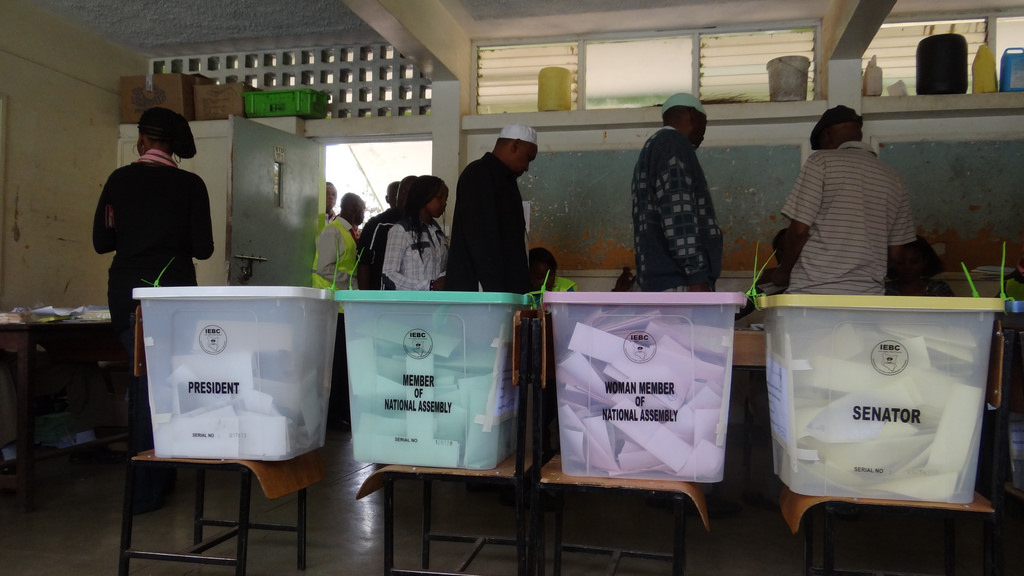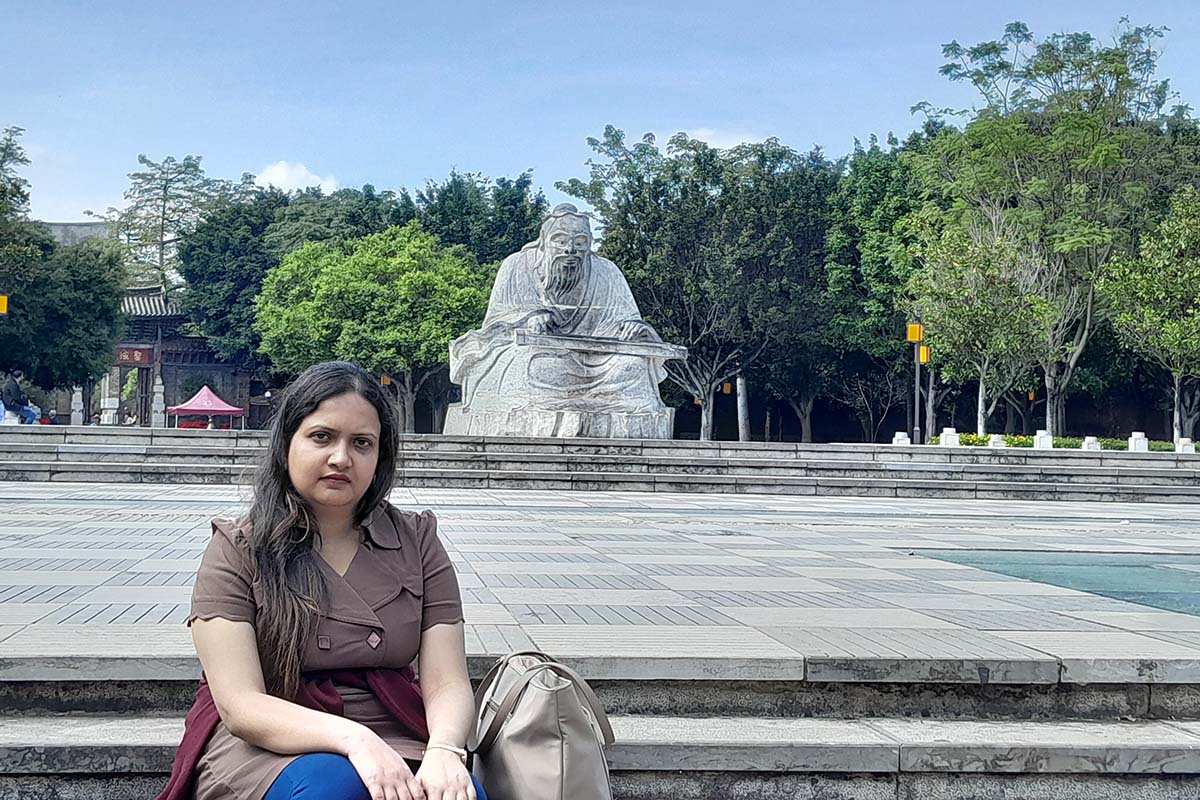“Observer missions in election monitoring”
October 2 International election observers praised the handling of Kenya’s August election, but the Supreme Court later annulled the results. Folmi Yohanna, 28, a Commonwealth Correspondent from Bauchi State in Nigeria, looks at what that means for future election observer missions.
International election observers praised the handling of Kenya’s August election, but the Supreme Court later annulled the results. Folmi Yohanna, 28, a Commonwealth Correspondent from Bauchi State in Nigeria, looks at what that means for future election observer missions.
Results of Kenya’s general election in August 2017 indicated incumbent President Uhuru Kenyatta was re-elected with 54 per cent of the vote.
International observers praised the handling of the election and concluded that the election was fair and free, despite calls by the opposition that it was marred by irregularities.
Marietje Schaake, head of the European Union’s election observer mission, said the mission had seen no signs of “centralised” or “localised” manipulation of the voting process.
John Kerry, the former US Secretary of State heading the Carter Centre observer mission said “The process that was put in place was proving its value thus far. Kenya has made a remarkable statement to Africa and the world about its democracy and the character of that democracy. Don’t let anybody besmirch that.”
Thabo Mbeki, a former South African president in charge of African Union observer mission, praised the poll and was quoted as saying “It would be regrettable if anything emerges afterwards that sought to corrupt the outcome, to spoil that outcome.”
Contrary to Thabo Mbeki’s comment, there was indeed a spoiler. A landmark judgment delivered in September 2017 by Kenya’s Supreme Court ordered a new presidential election after annulling the results of the poll in a shock decision in favour of the opposition. The Supreme Court ordered that an election should be held within 60 days. The electoral body has slated 17 October 2017 for the rerun.
The decision by Kenya’s Supreme Court raised a lot of questions with regard to the role international observers play in observing elections. The opposition leader, Raila Odinga, was quoted saying international observers “moved fast to sanitise fraud” in the election. However, the Carter Centre says its August10 comments on the vote noted that “election day voting and counting processes had functioned smoothly, but that the electronic transmission of results proved unreliable.”
Does this mean that once an African election guarantees the interest of the international community, it will be declared free and fair? Far from it, because there were elections held in the past where the report given by international observers panned out to be the true position. Elections such as the ones held in Nigeria in 2015, Gambia 2016 and Ghana 2016 were monitored by observer missions and reports given showed elections were free and fair. The election results did reflect the will of the masses.
There were also elections, for instance the Ugandan election of 2016, that international observers reported as marred by fraud and irregularities, casting into question whether results were free and fair.
It will be wrong for Africans to quickly condemn and raise questions about the role international observers have been playing in monitoring elections in Africa based solely on Kenya’s recent Supreme Court decision. The fact that the report given by the observer missions is not in line with the decision of Kenya’s Supreme Court should not be a basis to conclude that the standard used by observer missions over time in the continent is fraudulent.
On other hand, this decision by Kenya’s Supreme Court, which is unprecedented and a standard-setter for judiciary in the continent, calls for a review of how elections are being monitored by observers – be they international or local – to avoid such a blunder or mistake as made in Kenya’s election. The monitoring of elections should go beyond election day, and be extended to the counting and tallying. Observer missions need to enlarge their teams and address the problem of logistics and the constrains of time.
photo credit: boellstiftung Im Wahlbüro – verschiedene Wahlurnen via photopin (license)
………………………………………………………………………………………………………………
About me: I am legal practitioner practicing in Nigeria. I would love to be at the top of my career and hopefully, publish books. Also, be an agent of positive change in Nigeria and the world.
I love reading, practicing my profession, doing voluntary humanitarian activities, watching and playing of football and I love playing video games.
…………………………………………………………………………………………………………………
Opinions expressed in this article are those of the author and do not necessarily represent the views of the Commonwealth Youth Programme. Articles are published in a spirit of dialogue, respect and understanding. If you disagree, why not submit a response?
To learn more about becoming a Commonwealth Correspondent please visit: http://www.yourcommonwealth.org/submit-articles/
…………………………………………………………………………………………………………………




